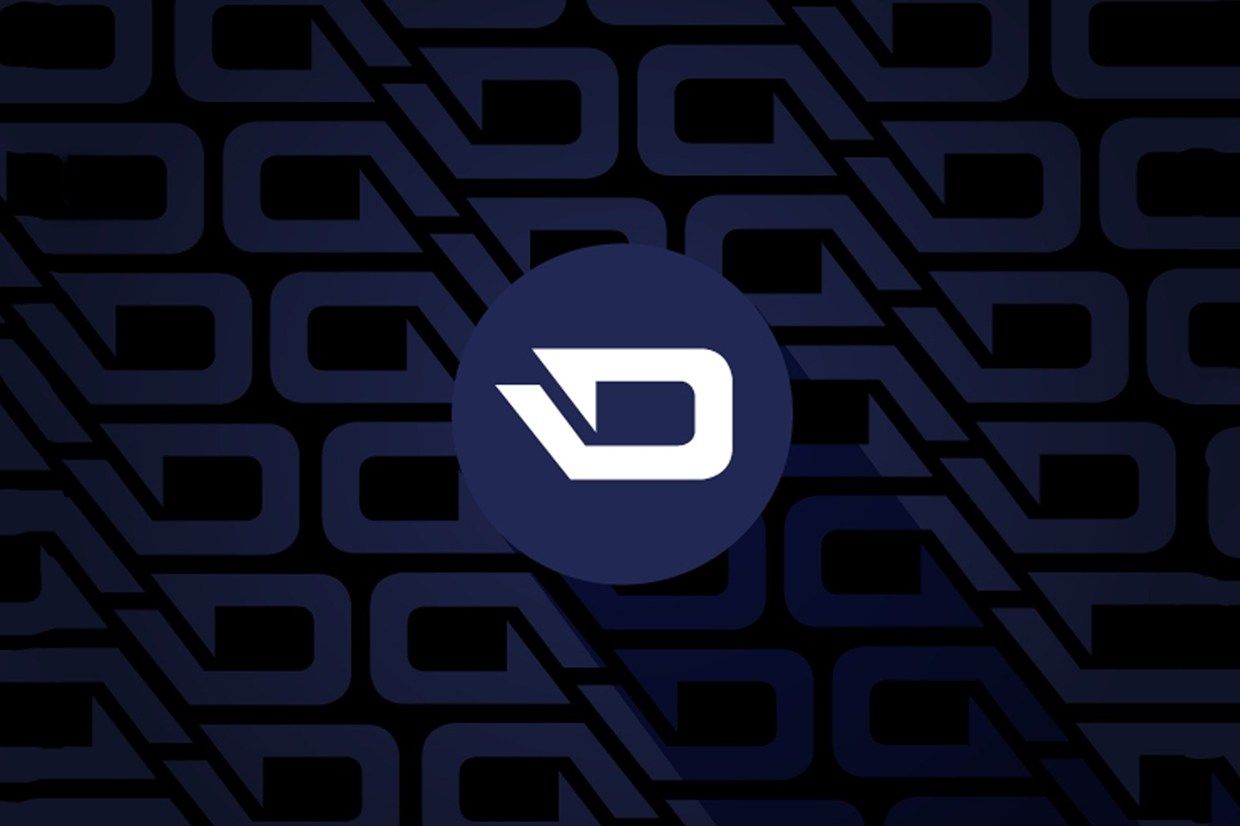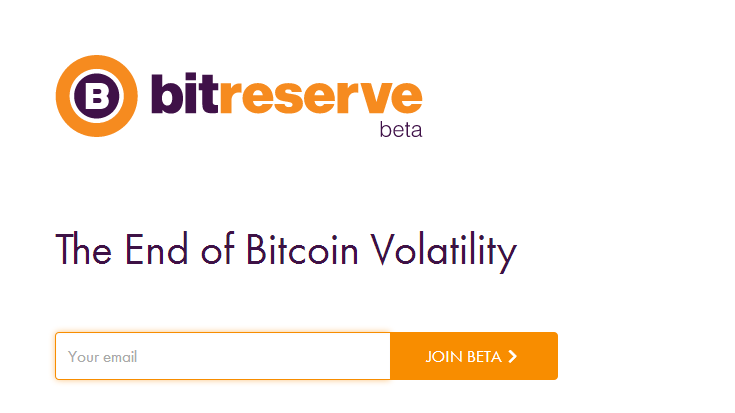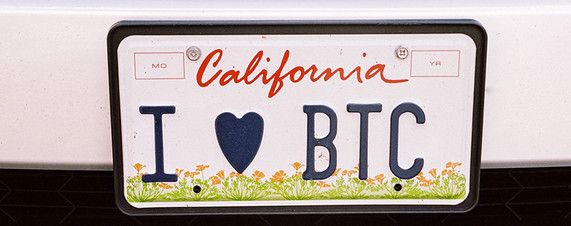by Andy Greenberg
 http://cdni.wired.co.uk/620x413/d_f/darkcoin.jpg","width":620,"height":413},{"url":"http://cdni.wired.co.uk/111x74/d_f/darkcoin.jpg","width":111,"height":74},{"url":"http://cdni.wired.co.uk/1920x1280/d_f/darkcoin.jpg","width":1920,"height":1280},{"url":"http://cdni.wired.co.uk/1240x826/d_f/darkcoin.jpg","width":1240,"height":826}]}" />
http://cdni.wired.co.uk/620x413/d_f/darkcoin.jpg","width":620,"height":413},{"url":"http://cdni.wired.co.uk/111x74/d_f/darkcoin.jpg","width":111,"height":74},{"url":"http://cdni.wired.co.uk/1920x1280/d_f/darkcoin.jpg","width":1920,"height":1280},{"url":"http://cdni.wired.co.uk/1240x826/d_f/darkcoin.jpg","width":1240,"height":826}]}" />
Someone out there likes anonymous money.
In only a month, the little-known bitcoin alternative known as Darkcoin has rocketed nearly tenfold in value — from around 75 cents a coin (44p) to almost seven dollars (£4). Its selling point: Darkcoin offers far greater anonymity than bitcoin, mixing up users’ transactions so that it’s incredibly difficult to trace a payment to a person. And though few have yet to accept that more-anonymous coin for actual goods and services, the promise of Darkcoin’s privacy features seems to have sparked a miniature boom. It’s one of the fastest growing among the wave of cryptocurrencies that’s followed bitcoin’s success, with the total value of its combined coins topping out at nearly $30 million (£18 million).
Read more


 http://cdni.wired.co.uk/620x413/d_f/darkcoin.jpg","width":620,"height":413},{"url":"
http://cdni.wired.co.uk/620x413/d_f/darkcoin.jpg","width":620,"height":413},{"url":"









